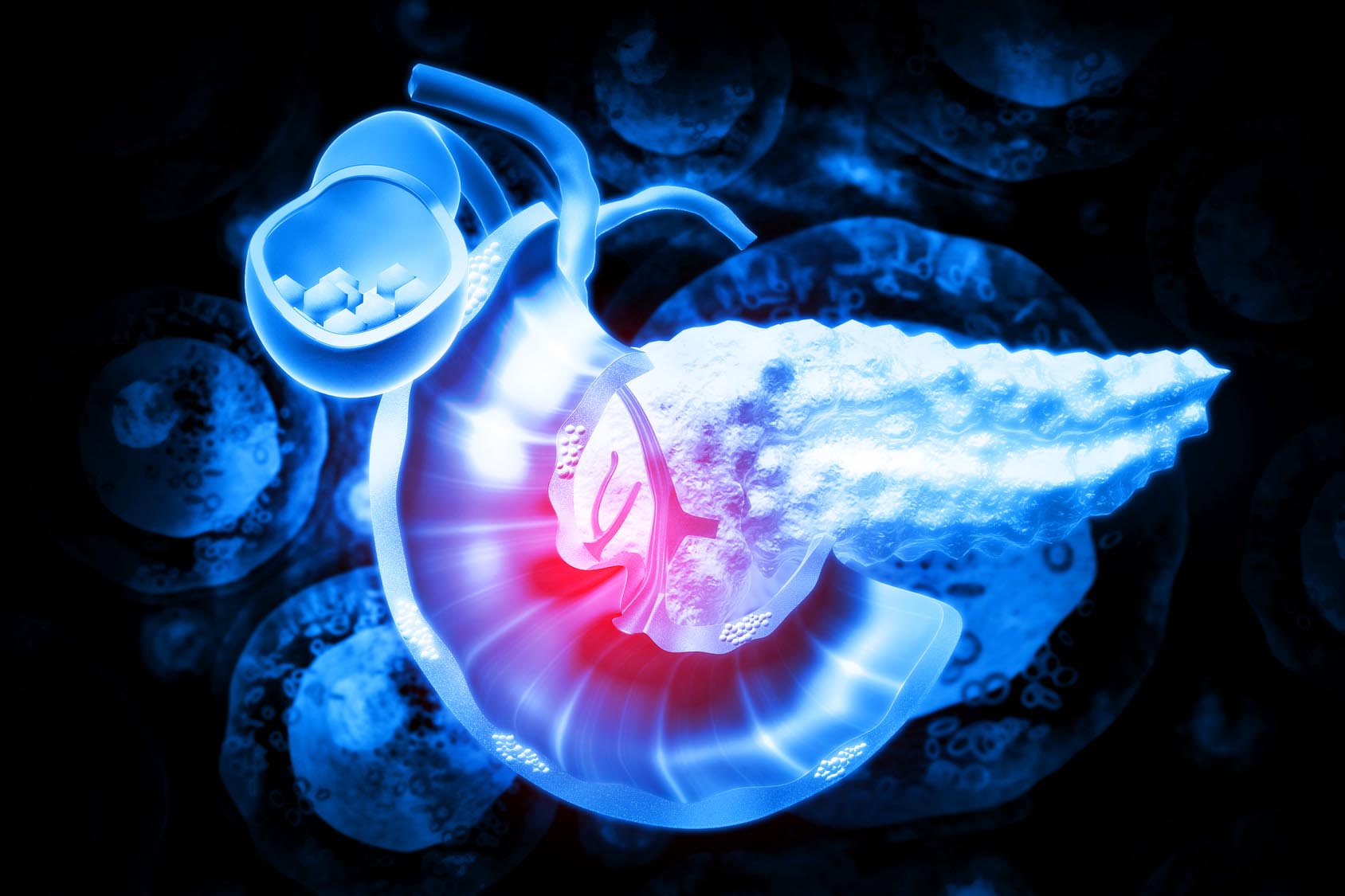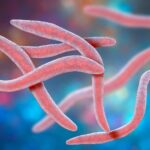• Microbial differences
• Immune response
• Fecal transplant
What is already known on this topic
About 91% of people with pancreatic ductal adenocarcinoma, which is the most common form of pancreatic cancer, survive less than 5 years. Even for individuals who undergo surgery to remove early-stage pancreatic tumors, the survival rate is 24 to 30 months. Only a few pancreatic cancer patients are still alive more than 5 years after surgery, but what determines such long-term survival is unclear.What this research adds
A key difference between people with pancreatic cancer who survive long-term and those who die within 5 years is the overall diversity and the type of bacteria that live on their tumors. Transferring gut microbes from long-term survivors into a mouse model of pancreatic cancer changed the rodents’ tumor microbiota and helped to reduce cancer growth.Conclusions
The findings show that the tumor microbiota of people with pancreatic cancer could be a useful prognostic tool. The results also suggest that it may be possible to target the bacteria on tumors as a therapeutic approach against pancreatic cancer.
The composition of the tumor microbiota could influence the survival of people with pancreatic cancer. That’s the conclusion of the first report to explore the effect of tumor bacteria on clinical outcomes.
The findings, published in Cell, suggest that it may be possible to target the bacteria on tumors as a therapeutic approach against pancreatic cancer.
Effective therapies for this type of cancer are very much needed. About 91% of people with pancreatic ductal adenocarcinoma, which is the most common form of pancreatic cancer, survive less than 5 years. Even for individuals who undergo surgery to remove early-stage pancreatic tumors, the survival rate is 24 to 30 months.
Only a few pancreatic cancer patients are still alive more than 5 years after surgery, but what determines such long-term survival is unclear. Previous studies in skin cancer have suggested that gut bacteria can influence responses to different therapies.
So Erick Riquelme and Yu Zhang at the University of Texas M. D. Anderson Cancer Center and their colleagues set out to test whether modulating the gut or the tumor microbiota could help fight off pancreatic cancer.
Microbial differences
The researchers compared the microbiota of pancreatic tumor samples from long-term survivors, who had survived on average 10 years after surgery, and short-term survivors, who had survived an average of 1.6 years.
People whose tumor microbiota was highly diverse survived about 9.66 years, while those with a less diverse tumor microbiota survived nearly 1.7 years.
The tumor microbiota of long-term survivors had high levels of Pseudoxanthomonas, Saccharropolyspora, and Streptomyces bacteria.
Immune response
Next, the researchers analyzed whether tumor bacteria could shape the immune response to pancreatic cancer. The tumors of long-term survivors had higher numbers of immune cells, including cancer cell-killing CD8+ T cells, than the tumors of short-term survivors.
Samples with a high abundance of activated immune cells had increased levels of the three bacterial types identified in the tumor microbiota of long-term survivors. This suggests that these bacteria could contribute to the anti-tumor immune response by favoring recruitment and activation of CD8+ T cells, the researchers say.
Fecal transplant
Transferring gut microbes from long-term survivors into a mouse model of pancreatic cancer changed the rodents’ tumor microbiota within a few weeks. What’s more, the tumors of mice that received fecal transplants from long-term survivors had more activated immune cells and were 70% smaller on average than the tumors of rodents that received tumor bacteria from short-term survivors.
The findings suggest that the tumor microbiota of people with pancreatic cancer can be used as both a prognostic tool and a therapeutic approach against pancreatic cancer.











